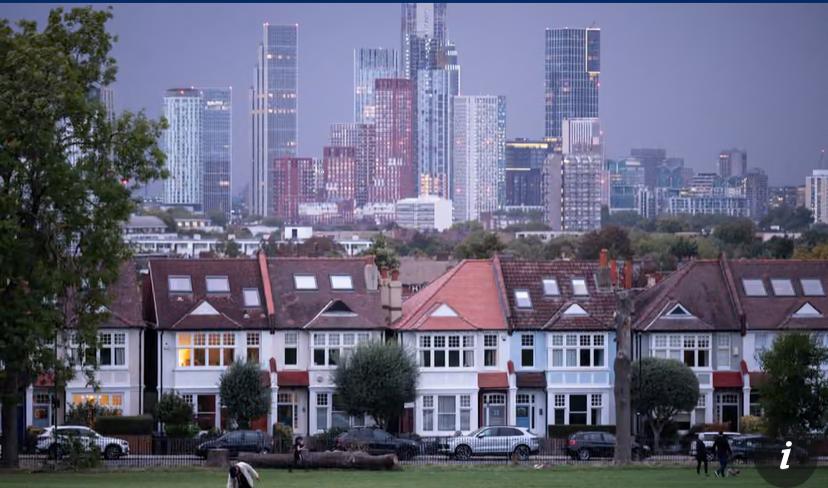UK house prices were flat in March and the market is likely to stay soft after a tax increase on property transactions, mortgage lender Nationwide.
The average price of a home was unchanged at £271,316 in March, compared with February’s 0.4% monthly rise, according to Nationwide building society.
The annual growth rate stayed at 3.9%, masking big regional variations. In Northern Ireland, annual price growth accelerated to 13.5%, the highest in the region since 2021. Scotland posted a 3.9% annual rise, while Wales was close behind at 3.6%.
As of Tuesday, Britain’s government has lowered the price threshold at which buyers become eligible to pay property transaction taxes – known as stamp duty
Robert Gardner, the Nationwide chief economist, said the price trends were unsurprising, given the end of the stamp duty holiday at the end of March.
“Indeed, the market is likely to remain a little soft in the coming months since activity will have been brought forward to avoid the additional tax obligations – a pattern typically observed in the wake of the end of stamp duty holidays,” he said.
Bank of England data on Monday showed mortgage approvals cooled in February, while the Royal Institution of Chartered Surveyors said its members reported a slowing of house price growth.
Compared with a year ago, house prices were 3.9% higher, compared with the consensus for a 4.1% annual increase.
Nationwide said it expected the market to pick up again in future months, despite rising uncertainty about the global economic outlook.
It cited a low unemployment rate, rising real household earnings, and the possibility that the Bank of England will cut interest rates again.On Monday financial markets priced in a roughly two-thirds chance that the BoE will cut interest rates in May.
Buyers have been rushing to complete their purchases in recent months, while removals firms have been swamped. The stamp duty thresholds, which were temporarily increased in September 2022, have fallen back after the 31 March deadline, which means some buyers could end up paying thousands of pounds more in tax.
It usually takes longer than a month to complete, so demand waned before the end of the stamp duty deadline. Mortgage approvals were the lowest in six months in February, according to Bank of England figures.



